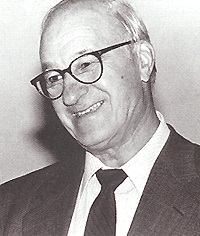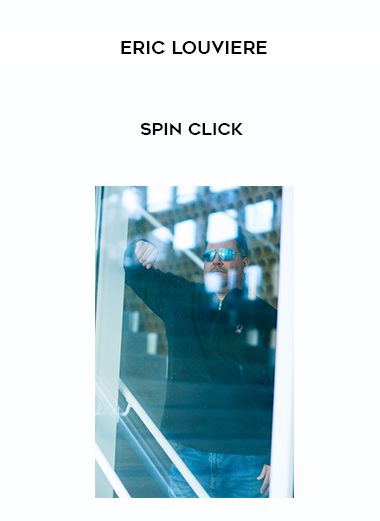[Audio and Video] EP05 State of the Art Address 03 – On Shaping One’s Future: The Exercise of Personal and Collective Efficacy – Albert Bandura, Ph.D.

- Topic Areas:
- State of the Art Address
- Category:
- Evolution of Psychotherapy | Evolution of Psychotherapy 2005
- Faculty:
- Albert Bandura
- Course Levels:
- Master Degree or Higher in Health-Related Field
- Duration:
- 55:39
- Format:
- Audio and Video
- Original Program Date :
- Dec 09, 2005
Description
Description:
This address will focus on self-efficacy as the foundation of human motivation, well-being and accomplishments. Whatever other factors may serve as guides and motivators, they are rooted in the core belief that one has the power to effect changes. This address will analyze the source of people's beliefs in their efficacy, their cognitive, motivational and emotional effects, and how to build a resilient sense of efficacy for personal and social betterment.
Educational Objectives:
- To describe how to build a sense of personal and collective efficacy.
- To describe how to increase people's resilience to adversity.
*Sessions may be edited for content and to preserve confidentiality*
Faculty

Albert Bandura Related seminars and products: 18
ALBERT BANDURA, Ph.D., is Professor of Psychology, Stanford University. He has been elected to the American Academy of Arts and Sciences and the Institute of Medicine of the National Academy of Science. Dr. Bandura is a proponent of Self-Efficacy Theory. This theory and its diverse applications are presented in his recently published book, Self-Efficacy: The Exercise of Control.
Bandura has been responsible for contributions to the field of education and to several fields of psychology, including social cognitive theory, therapy, and personality psychology, and was also of incluence in the transition between behaviorism and cognitive psychology. He is known as the originator of social learning theory (renamed the social cognitive theory) and the theoretical construct of self-efficacy, and is also responsible for the influential 1961 Bobo doll experiment. This Bobo doll experiment demonstrated the concept of observational learning.

![[Audio Only] CC19 Workshop 15 - Advanced Relational Life Therapy (RLT) - Terry Real [Audio Only] CC19 Workshop 15 - Advanced Relational Life Therapy (RLT) - Terry Real](https://intellschool.info/wp-content/uploads/2022/02/ajHcWg3pZEWoZ4CLN52R4A-200.jpg)





























Reviews
There are no reviews yet.